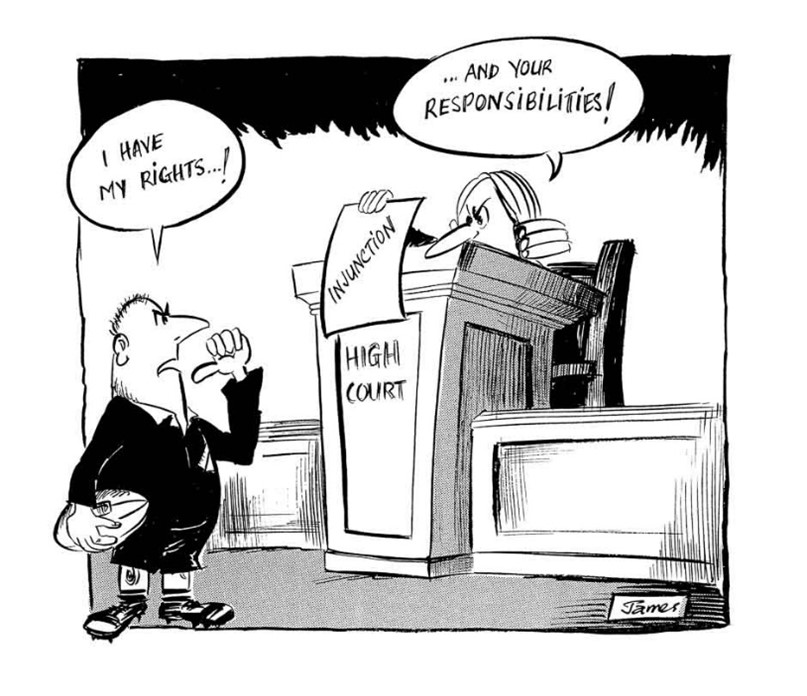
What is the distinctiveness of a trademark?

A trademark is a symbol, word, or phrase that identifies and distinguishes a company’s products or services from those of other businesses. One of the most important aspects of coining a strong trademark is its distinctiveness. A distinctive trademark can help a business stand out in a crowded marketplace and create a strong brand identity. In this article, we will discuss the importance of distinctiveness in a trademark and how to achieve it.
Distinctiveness refers to the ability of a trademark to stand out and be easily recognizable. A distinctive trademark is one that is unique and easily distinguishable from other trademarks in the same industry. It is important to ensure that a trademark is distinctive to prevent confusion among customers and to establish a strong brand identity.
There are four levels of distinctiveness for trademarks:
Arbitrary or Fanciful Trademarks:
Arbitrary or fanciful trademarks are the most distinctive and unique. These trademarks are made up of words or symbols that have no connection to the product or service being sold. For example, the word “Apple” has no connection to computers or electronics, but it has become a distinctive trademark for Apple Inc.
Suggestive Trademarks:
Suggestive trademarks are slightly less distinctive than arbitrary or fanciful trademarks. These trademarks suggest the qualities or characteristics of a product or service, but do not describe it directly. For example, the trademark “Netflix” suggests the ability to stream movies and TV shows, but does not directly describe the service.
Descriptive Trademarks:
Descriptive trademarks are less distinctive than suggestive trademarks. These trademarks describe the product or service being sold. However, a descriptive trademark can still be distinctive if it has acquired secondary meaning. Secondary meaning refers to the association of a trademark with a specific product or service, rather than its dictionary definition. For example, the trademark “Holiday Inn” is descriptive of a hotel, but it has acquired secondary meaning as a brand name for a chain of hotels.
Generic Trademarks:
Generic trademarks are the least distinctive and cannot be protected. These trademarks describe the general category of a product or service and cannot be associated with a specific brand. For example, the word “computer” cannot be protected as a trademark for a specific brand of computers.
To achieve distinctiveness for a trademark, it is important to create a unique and memorable trademark that is not too descriptive or generic. A trademark that is too descriptive or generic may not be legally protectable and can be easily confused with other trademarks in the same industry. It is also important to conduct a trademark search to ensure that the proposed trademark is not already registered or being used by another company.
Conclusion
In conclusion, distinctiveness is a critical aspect of coining a strong trademark. A distinctive trademark can help a business stand out in a crowded marketplace and create a strong brand identity. It is important to create a trademark that is unique, memorable, and legally protectable to prevent confusion among customers and establish a strong brand identity.

Recent FAQs Published by the Indian Patent Office on Form 27
The Indian Patent Office recently released a comprehensive FAQ document…

A Comprehensive Guide to Patent Searches: Types, Examples, and When to Use Them
Patent searches are a crucial aspect of the patenting process.…

Microsoft vs. Indian Patent Office – Decisions by Delhi High Court on Software Patents in India
The part of this series focuses on the…

Case in Point: Sun Pharma Ltd vs. DWD Pharma Ltd
Case in Point is a new series where…
Categories
Recent Discussions
Recent FAQs Published by the Indian Patent Office on Form 27
The Indian Patent Office recently released a comprehensive FAQ document regarding Form 27, aimed at clarifying the requirements and procedures for patentees and…
Recent Discussions
A Comprehensive Guide to Patent Searches: Types, Examples, and When to Use Them
Patent searches are a crucial aspect of the patenting process. Whether you're an inventor, entrepreneur, or a legal professional, understanding the different types…


